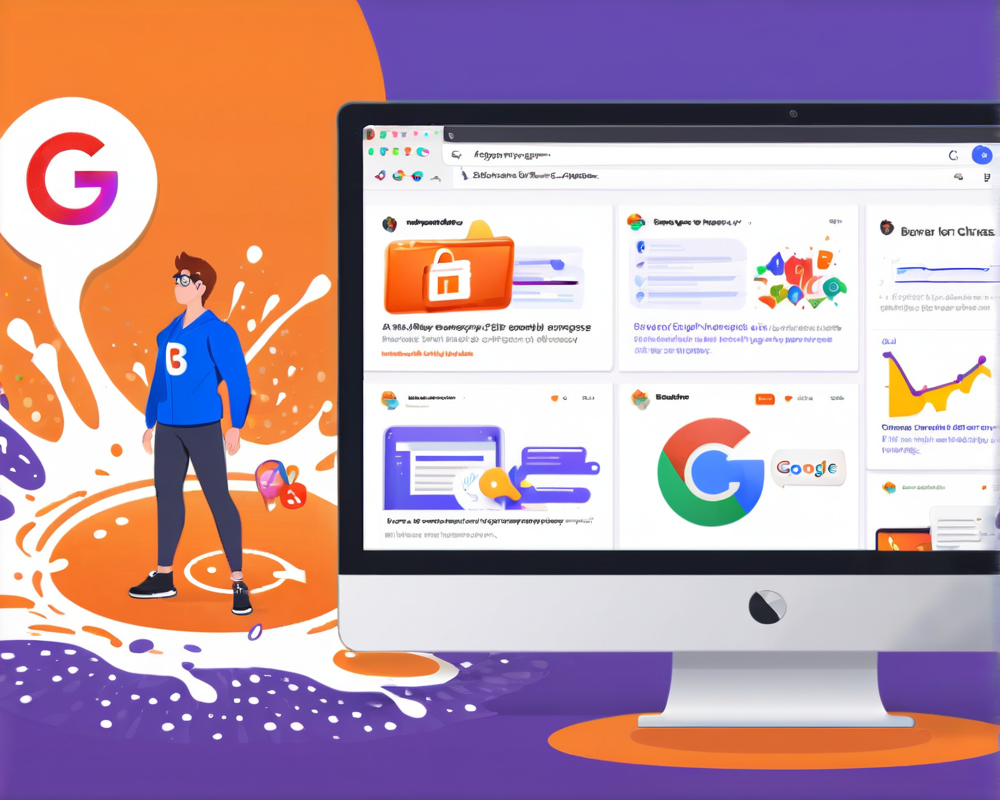Brave Browser Takes a Stand
The Brave browser, championed by Brendan Eich, a co-founder of Mozilla, is making headlines with its recent legal actions against Google in Ireland and Britain. This open-source browser, fueled by blockchain technology, aims to provide users with a browsing experience that prioritizes privacy, actively blocking ads and trackers while minimizing personal data sharing with advertisers.
Privacy Complaints: The Backbone of the Case
Brave’s complaint accuses Google and the wider adtech industry of engaging in widespread violations of data protection laws. The essence of the complaint suggests that dozens of companies gather user data without proper consent as individuals visit various websites.
According to the allegations, the reality is stark: while users scroll through their favorite sites, their data is being dispatched to numerous companies—sometimes tens or hundreds—without their consent. This raises serious questions about user privacy and transparency.
The GDPR: A Double-Edged Sword?
The crux of Brave’s argument revolves around the European General Data Protection Regulation (GDPR), which aims to give individuals more control over their personal data. By triggering provisions in the GDPR, Brave hopes to force a thorough investigation into Google’s data practices.
According to Johnny Ryan, Brave’s chief policy officer, the scale of data breaches in the advertising sector is alarming. He remarked, “There is a massive and systematic data breach at the heart of the behavioral advertising industry.” With the GDPR now in place, the expectation is clear: compliance is not optional.
Google’s Response: Are They Compliant?
Interestingly, Google’s response has been that they have taken steps to comply with the GDPR. They claim to have implemented strong privacy measures after discussions with EU regulators. This puts a spotlight on the elusive nature of compliance in the digital age, particularly regarding user consent and data protection.
Brave’s Innovative Approach to Digital Advertising
In a move that may seem counterintuitive, Brave has recently joined forces with the Dow Jones Media Group to explore the intersection of blockchain and digital advertising. Users of the Brave browser can earn Basic Attention Tokens (BAT) by engaging with verified ad content. Ryan noted that the ultimate goal is to eliminate the traditional middlemen in the ad space, allowing for a more direct relationship between advertisers and publishers.
As Eich put it, they are determined to “reconnect the funding that comes in gross payments after the fact from advertisers and gets chopped down by a bunch of middle players—notably Google—where the scraps are handed to publishers.” This not only champions privacy but also seeks to ensure that content creators receive a fair share of ad revenue.




